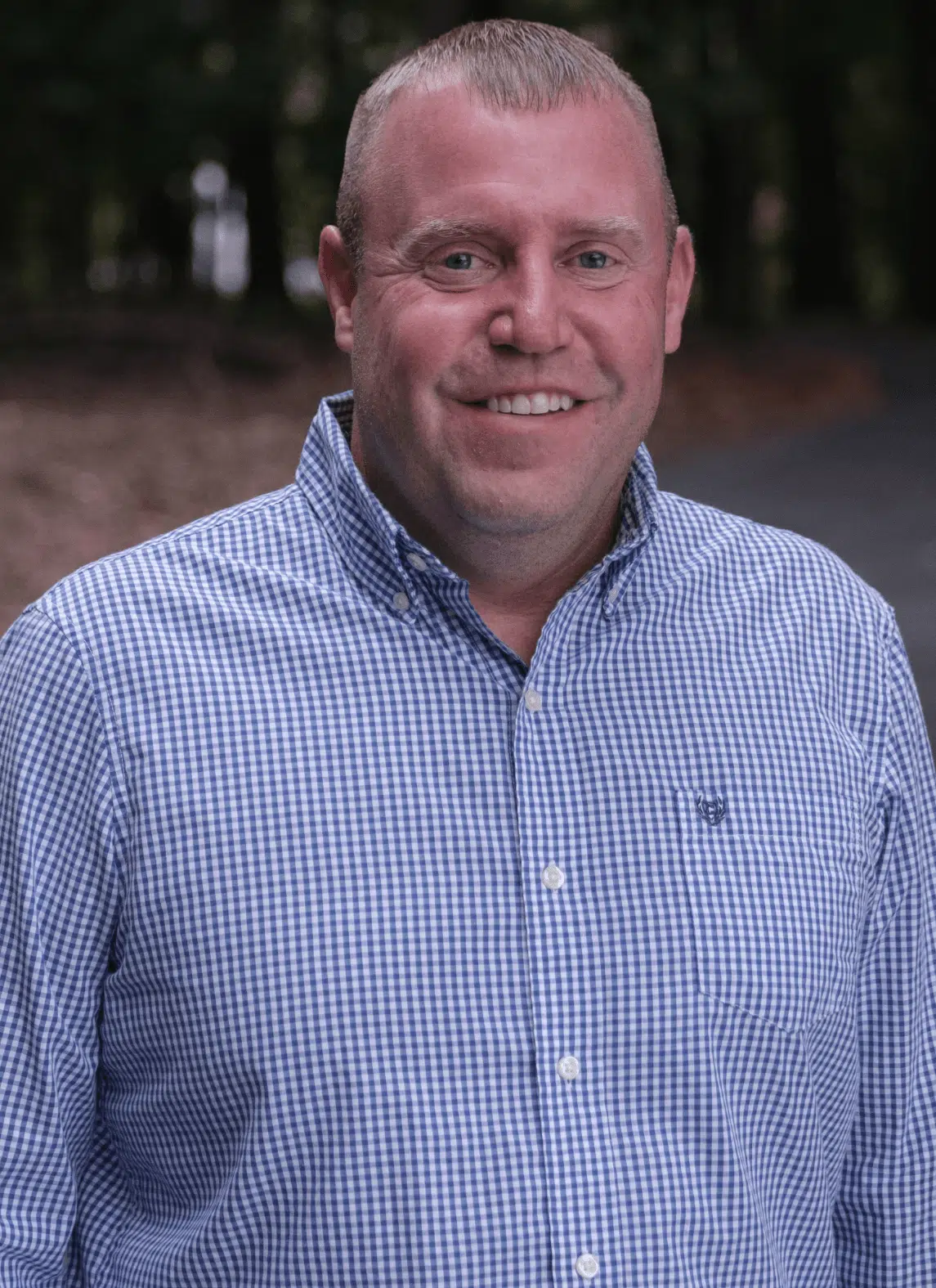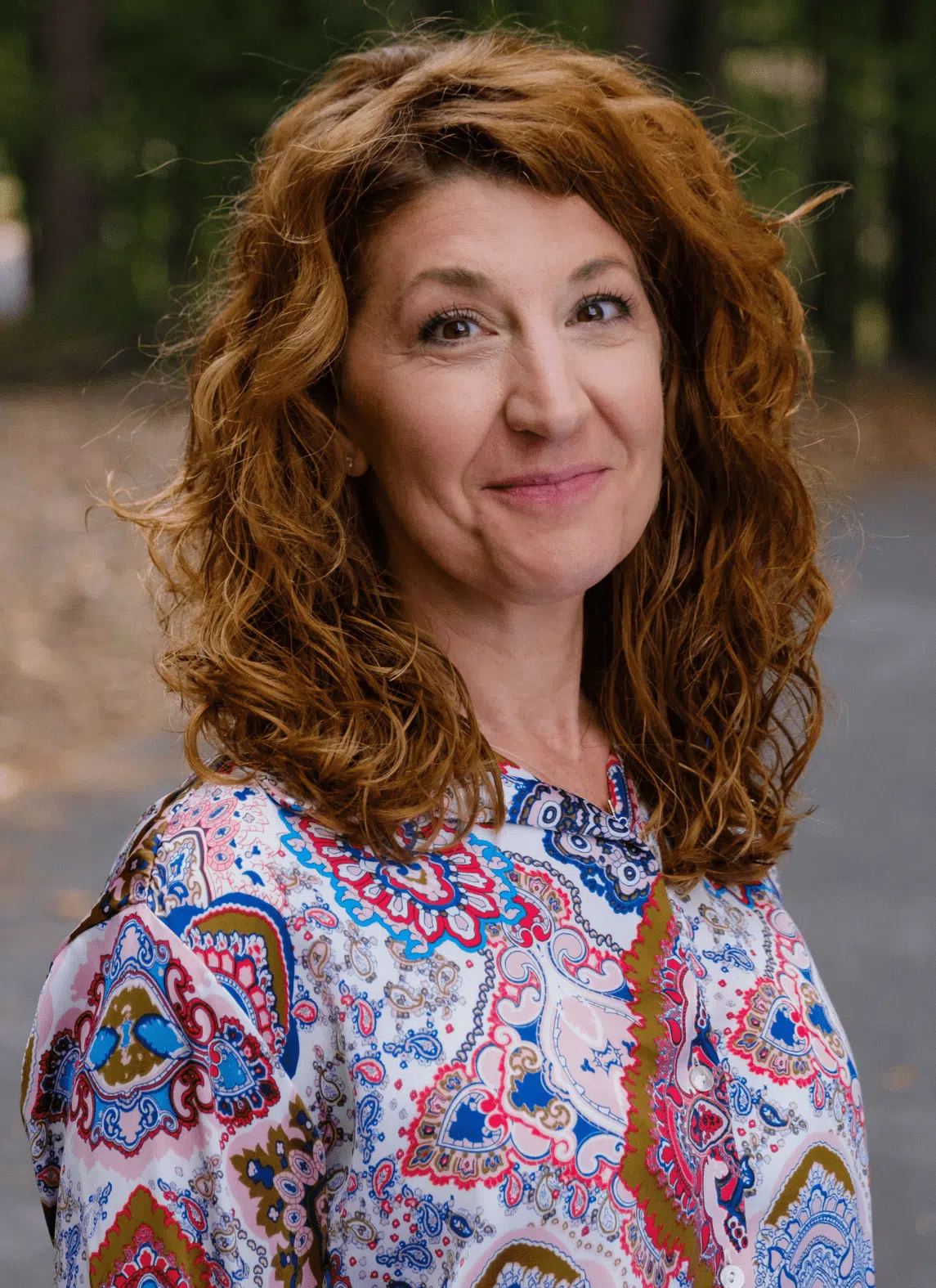At our Drug and Alcohol Rehab near Peachtree City, Georgia, Peachtree Detox specializes in helping individuals overcome addiction through personalized, comprehensive treatment programs.
Our experienced medical team understands that each person’s journey with addiction is unique, which is why we develop individualized treatment plans that address specific needs, circumstances, and goals. We provide medically supervised detoxification, evidence-based therapies, and ongoing support to ensure that every client has the tools and resources needed for successful long-term recovery.
Our facility offers a healing environment where clients can focus entirely on their recovery while receiving 24/7 medical care and emotional support from our dedicated staff.
Learn more about our Georgia detox programs. Call us now at 470-613-7881 or verify your insurance now.
Peachtree Detox is a premier provider of addiction treatment services and detox programs in Georgia. If you or someone you love is in need of professional care, reach out to us now.
At Peachtree Detox, we provide Peachtree Detox residents access to various addiction treatment services, from initial medical intervention through long-term recovery support. While some specialized services may require travel to larger metropolitan areas, the foundation of quality care is available locally and regionally to meet diverse treatment needs.
Our medically supervised detox program provides continuous medical monitoring and evidence-based medication protocols to minimize withdrawal discomfort.
Residential treatment provides intensive, round-the-clock care in a structured therapeutic environment removed from the people, places, and situations that trigger substance use.
Our specialized drug treatment programs address the unique challenges associated with different categories of substances and individual patterns of use.
Our alcohol rehab programs combine medical management of alcohol withdrawal with therapies addressing psychological dependence, social pressures, family dynamics, and lifestyle factors that contribute to drinking.
Many individuals struggling with substance abuse also have co-occurring mental health conditions such as depression, anxiety disorders, PTSD, bipolar disorder, ADHD, or personality disorders.
Aftercare components include regular outpatient counseling, intensive outpatient programs for continued structure, active participation in support groups and peer networks, and transitional sober living arrangements when needed.
Peachtree City, despite its reputation as a family-friendly community with planned neighborhoods and golf cart paths, is not immune to the challenges of substance abuse. The pressure to maintain appearances in an affluent community can sometimes mask underlying addiction struggles, creating barriers to seeking help. Prescription drug misuse, particularly among professionals and retirees, along with alcohol dependency and recreational drug use, affects residents across all demographics.
The suburban setting of Peachtree City can create a false sense that addiction “doesn’t happen here,” but statistics show that substance abuse crosses all community lines. Common substances of concern include prescription opioids, anxiety medications, alcohol, cocaine, and increasingly, synthetic drugs. The proximity to Atlanta also influences local drug trafficking patterns and availability.
Recognition that addiction is a medical condition requiring professional treatment is essential for recovery. The disease of addiction alters brain chemistry and decision-making processes, making it nearly impossible to overcome through willpower alone. With comprehensive treatment and ongoing support, individuals can achieve lasting recovery and restore their quality of life.
Peachtree City’s location in Fayette County provides excellent access to a full spectrum of addiction treatment services. The treatment continuum offers multiple levels of care designed to meet individuals at their current stage of addiction and recovery readiness.
Psychiatric care plays a crucial role in addiction treatment, particularly for individuals with co-occurring mental health conditions. Psychiatrists specializing in addiction medicine can diagnose and treat underlying mental health disorders that may contribute to substance abuse. They prescribe and monitor medications that can help manage withdrawal symptoms, reduce cravings, and stabilize mood disorders. Regular psychiatric evaluation ensures that mental health needs are addressed throughout the recovery process, significantly improving treatment outcomes and reducing the risk of relapse.
Holistic therapies complement traditional treatment by addressing the whole person—mind, body, and spirit. These may include yoga, meditation, acupuncture, art therapy, music therapy, equine therapy, or outdoor adventure programs. Holistic approaches help individuals develop healthy coping strategies, reduce stress, improve physical wellness, and discover new interests and passions that support long-term recovery.
Medication-Assisted Treatment (MAT) combines FDA-approved medications with counseling and behavioral therapies to treat substance use disorders. For opioid addiction, medications like methadone, buprenorphine, and naltrexone can reduce cravings and prevent overdose. For alcohol use disorder, medications such as naltrexone, acamprosate, and disulfiram can help reduce drinking urges and maintain sobriety. MAT has been proven highly effective in reducing drug use, criminal activity, and the transmission of infectious diseases while improving treatment retention and overall quality of life.
Addiction affects not just the individual but entire family systems. Family therapy helps repair damaged relationships, improves communication, and educates family members about addiction as a disease. Sessions may include the person in recovery along with spouses, parents, children, or other significant family members. This approach helps families develop healthy boundaries, learn how to support recovery without enabling, and address any family dynamics that may have contributed to or been affected by the addiction.
Many individuals with substance use disorders have experienced trauma, whether in childhood or adulthood. Trauma therapy uses specialized approaches like Eye Movement Desensitization and Reprocessing (EMDR), trauma-focused cognitive behavioral therapy, or somatic therapies to help process and heal from traumatic experiences. Addressing underlying trauma is often essential for successful recovery, as many people use substances to cope with unresolved traumatic stress.
CBT is one of the most widely used and researched forms of therapy for addiction. It helps individuals identify and change negative thought patterns and behaviors that contribute to substance use. Through CBT, people learn to recognize triggers, develop coping strategies, and build skills for managing cravings and high-risk situations. The practical tools learned in CBT can be applied long after treatment ends, making it an essential component of relapse prevention.
Originally developed for borderline personality disorder, DBT has proven highly effective for addiction treatment, particularly for individuals who struggle with emotional regulation. DBT teaches four core skills: mindfulness, distress tolerance, emotion regulation, and interpersonal effectiveness. These skills help individuals manage intense emotions without turning to substances, improve relationships, and build a life worth living in recovery.
Peachtree City and Fayette County offer numerous resources supporting recovery and ongoing sobriety. Multiple Alcoholics Anonymous and Narcotics Anonymous groups meet regularly throughout the area, providing peer support and accountability.
The Fayette County Health Department offers information about local treatment options and health services relevant to recovery.
Pietra Healthcare and other local medical providers can offer ongoing medical care and referrals to specialized addiction treatment.
The area’s many recreational facilities, including golf courses, walking trails, and community centers, provide healthy outlets for building a fulfilling sober lifestyle. Faith-based recovery programs and community volunteer opportunities also contribute to the local recovery support network.
If you or someone you love is struggling with addiction, don’t wait another day to seek help. Recovery is possible, and support is available right here in the Peachtree City area. Contact Peachtree Detox today to discuss your options and begin your journey toward a healthier, sober life.
Recovery is possible, and it starts with making the decision to seek help. Call us now at 470-613-7881 or verify your insurance now.

CEO

Clinical Director

Medical Director & Addiction Specialist
Treatment varies based on individual needs, substance(s) used, severity of addiction, and personal circumstances. Detoxification typically lasts 3-10 days, while residential treatment programs commonly run 30, 60, or 90 days. However, research consistently shows that longer treatment periods are associated with better outcomes.
The continuum of care often extends for months or years, transitioning from intensive residential treatment to outpatient therapy, support groups, and ongoing medical care. Many successful individuals in recovery participate in some form of ongoing support for years, viewing it as an investment in their continued well-being rather than a temporary intervention.
The phrase “treatment is not an event, it’s a process” reflects the reality that recovery is a long-term commitment requiring ongoing attention and support. The most important factor is finding the right level of care for your current needs and remaining engaged in the recovery process.
Peachtree City is conveniently located approximately 10-15 minutes from Peachtree Detox in the Atlanta metropolitan area. This close proximity makes specialized detox services easily accessible for Peachtree City residents while allowing family members to participate actively in the early stages of treatment.
The short distance also facilitates smooth transitions between different levels of care and enables ongoing family involvement throughout the recovery process.